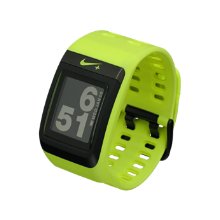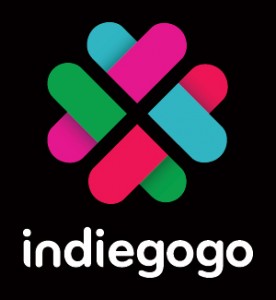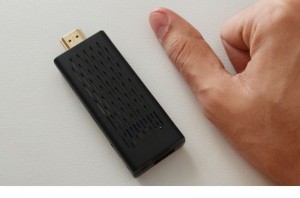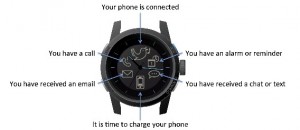Just days after Apple received an injunction banning Samsung’s Galaxy Tab 10.1 being imported into the United States Apple has received a second injunction against Samsung. U.S. District Court Judge Lucy Koh, who granted the first injunction, has also granted one that prevents the sale of Samsung’s Galaxy Nexus smartphone.
As with the first injunction Apple must first post a bond, this time $96 million to cover damages if the case is ultimately decided in Samsung’s favor. The judge ruled that it was likely that Samsung infringed on four Apple patents.
FTC looking at Motorola patent licensing practices
The Federal Trade Commission is looking at how Motorola licenses its patents with an eye out as to how the company deals with licenses for its patents that are adopted as industry standards. The FTC has sent investigative demands to the company this week, according to Electronista.
The FTC is examining if Google is living up to its requirements to meet fair, reasonable, and non-discriminatory (FRAND) licensing of the patents and follows a similar investigation that has just been opened by the European on FRAND violations. A ruling against Motorola could have a major impact on the various lawsuits it currently has ongoing with rivals such as Apple and Microsoft.
HP eyes business with next generation tablet
Hewlett-Packard has said that its first Windows 8 tablet will not chase the consumer market but will instead be focused on the business side of the industry. The first offering will run on an x86 processor and run Windows 8.
It does possibly also plan on offering an ARM-based system that will use the Windows RT version of Windows 8 for consumers but has not publicly committed to that move just yet, according to PCWorld.
Asus to release Audio Dock for Nexus 7
Asus, Google’s manufacturing partner for its Nexus 7 has said that it plans to release an Audio Dock for the tablet later this year. According to Pocket-Lint it will be designed to look as if it is part of the Nexus 7 and will also come in black.
The dock will be designed to charge the tablet as well as hold it upright so that a user can watch videos at the same time, according to the article.
Pebble smartwatch unveils SDK
The Pebble e-paper smartwatch, the poster child for Kickstarter success stories, has taken its next step to mainstream product with the release of its software developer kit at the Google I/O show last week. It will be interesting to see if the support from the developer community matches the huge support it received from individual investors.
Upcoming Summer Olympics fuel increased spam
Silicon Angle is reporting that there has been an upsurge in spam that is seeking to exploit fans interest in the upcoming Summer Olympics in London. Seeking to plant malware on your system or just pushing some product that you have never heard of or care for it does not matter, they are coming for you.
According to the article, the number of message titles is large and growing. An example includes:
• 2012 Games Entertainments Co-ordinator
• 2012 Olympic Draws
• 2012 Olympic Promo
• 2012 Olympic Promotion Board United Kingdom – South Africa
• 2012 Olympics, A Lottery For The Future
• 2012 Summer Olympic Lottery
• 2012 Summer Olympic/Paralympic Games
Microsoft thinks global with Windows 8 apps
Microsoft has said that when it starts shipping its upcoming Windows 8 operating system users in 180 countries will be able to have access to the growing number of apps being developed for the operating system. While the list is a work in progress the company said that most nations will have access to ts Marketplace and App hub. According to PC Mag, apps are currently available in only 63 countries for the current Windows Phone and Windows 7 operating systems.
Nielsen starts tracking top YouTube Channels
Nielsen has started tracking streaming video on YouTube’s growing family of partners and the first results are in about who is included in the Top 5 . The race is led by Vevo, followed by WMG, Machinima, Fullscreen and Maker.
The names in some cases might not ring a bell, but the traffic is enough to make you stand up and take notice. Vevo has 695 million streams and 41 million unique viewers! Maker, the #5 drew in an impressive 9.6 million unique viewers. All of this is just for the month of May, 2012. One interesting tidbit was that more than half of the viewers to each channel were under 35 years of age.











